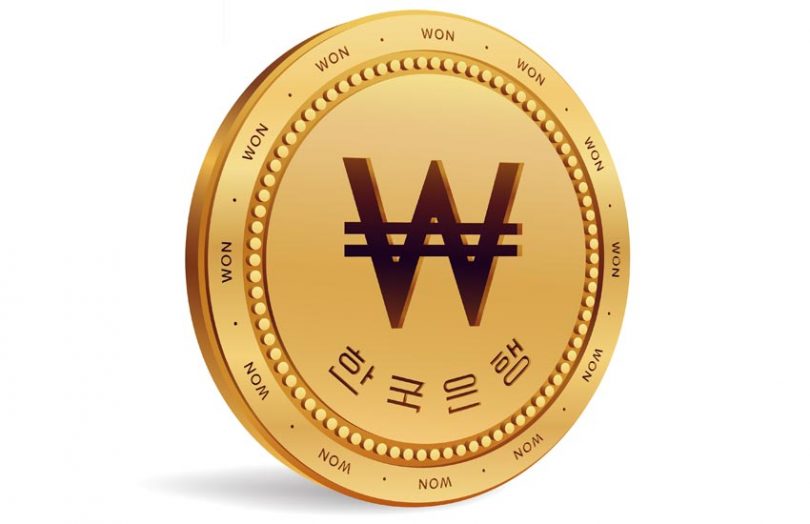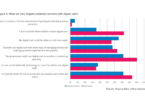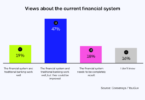Today the winner of the Bank of Korea central bank digital (CBDC) currency tender was announced as Ground X, the company that founded the Klaytn public permissioned blockchain.
Ground X is the blockchain subsidiary of Kakao, Korea’s largest social network. The company will work with other subsidiaries Kakao Pay and Kakao Bank on the CBDC simulation for a digital won with a budget of up to Won 4.96 billion ($4.4 million).
In terms of technology, the Klaytn blockchain created by GroundX is derived from Ethereum, and Ground X recently partnered with Ethereum development house ConsenSys to build a private blockchain for CBDC work. ConsenSys is working on multiple CBDC projects including in Thailand, Hong Kong, France, and Australia.
The Kakao subsidiary beat two other bidders, including major conglomerate SK C&C. In second place was Line Plus, a joint venture between SoftBank and social media company Naver. It looks like the most significant factor in losing the bid was pricing. Line Plus ranked poorest on price, scoring 8.1 compared to 9.98 from Ground X. But there was little to choose between them regarding expertise, with Ground X narrowly winning with a score of 85.4 versus 84.6 for Line Plus and SK C&C was assessed at 80.5.
Ground X will start work in August, with the first phase to be completed by December. Assuming the project progresses, the central bank wants to complete the functionality for protecting personal information by February 2022
The following is excerpted from a previous article when the Bank of Korea announced the bidding process.
The first phase involves the creation, issuance and redemption of the digital currency. Issuance will happen within the central bank’s secure computing environment, which is physically disconnected from the network. It will then be issued to an institution’s electronic wallet in exchange for deducting money from the institution’s central bank account. And redemption works similarly but in reverse.
This initial phase will trial some basic use cases. Hence, it includes end-user wallets such as smartphone apps and secret key storage to make smaller payments. Exchanging bank deposits for the CBDC is one of the functionalities to be tested. And the most important use case to be simulated is using the digital currency for payments.
If all goes well in the first phase, a second phase will involve cross border remittance, offline payments, regulatory compliance, and integration with systems for buying digital assets, not just securities but also art works and other intellectual property.
At a more technical level, the second phase also involves trialing privacy enhancing technologies (PET). No specific PET’s were mentioned, but in the blockchain world, Zero Knowledge Proofs are the most popular. Additionally, it will explore programmable money using smart contracts. For law enforcement purposes, the central bank wants to be able to freeze an electronic wallet.
Update: the maximum budget was corrected from 49.6 billion won to 4.96 billion won






